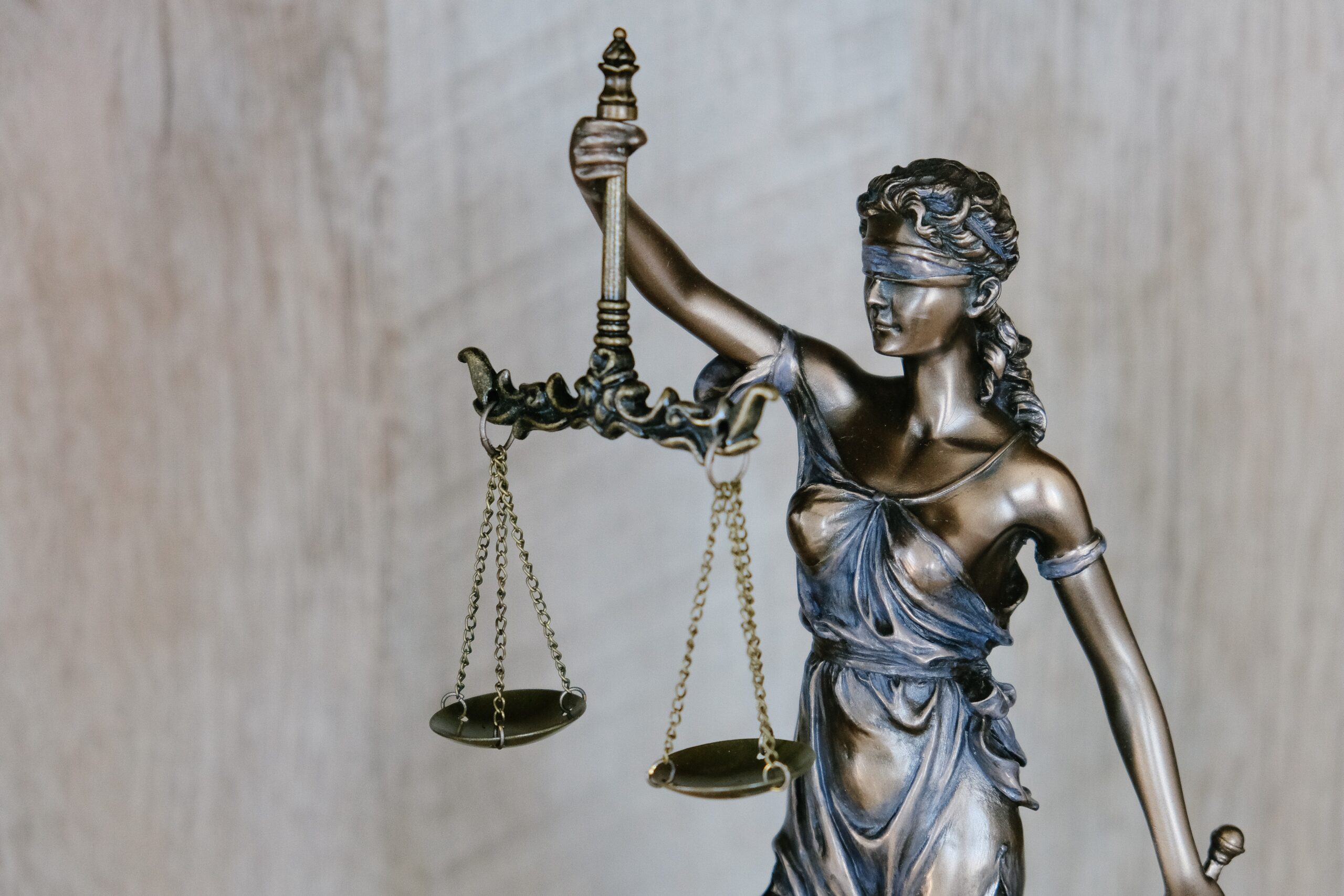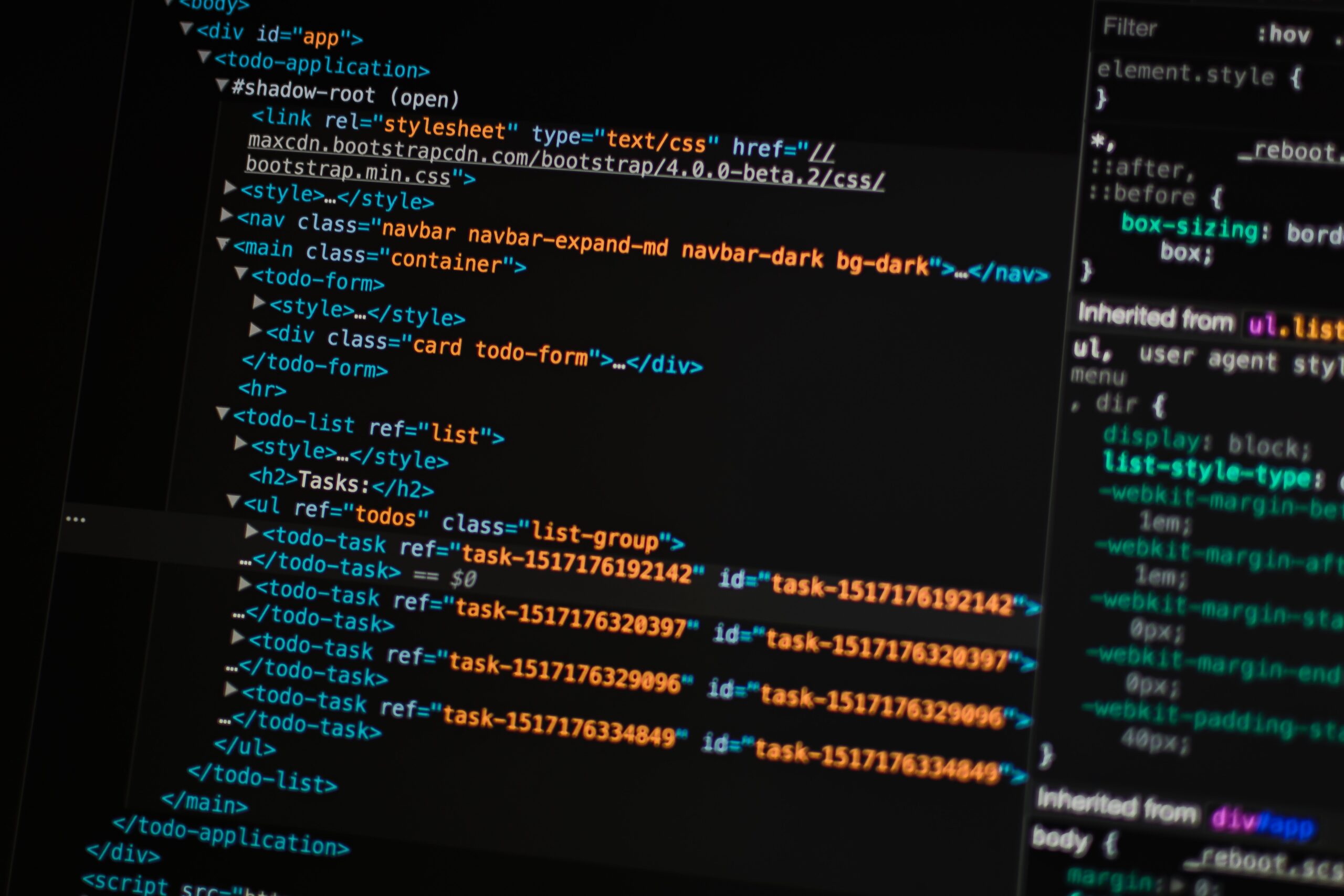As companies negotiate the legal environment of web crawling and scraping, it is critical to foresee the future trajectory of web crawler legal practices while remaining compliant with changing rules. Furthermore, enterprises must ensure that commercial insights are gathered while adhering to legal norms.
What is Web Crawling
Web crawling is the process of systematically browsing and indexing web pages to collect useful information. Search engines, such as Google, usually apply web crawlers (also known as spiders or bots) to index online material and present users with accurate search and reliable search results. To gain business insights, web crawling plays a crucial role because it allows companies to get information from a variety of websites about market trends, consumer behavior, competitive intelligence, etc. Similar to web crawling, web scraping can automate the process of pulling data from websites and help firms get real-time information like price, user feedback, product listing, etc., to conduct market research and make more informed strategic decisions.
Navigate to the Legal Landscape for Web Crawling
As organizations use web crawling to gather important data, it is critical to understand the legal context around such actions. Understanding web crawler legal requirements and the implications of legislation such as GDPR is essential for maintaining compliance and ethical data-gathering techniques.
Understand “web crawler legal” requirements
When engaging in web crawling operations, organizations must follow essential rules and regulations governing data extraction from websites. In addition to the type of data being taken, the goal of the extraction, and compliance with website terms of service, other factors influence the legality of online crawling. Important rules and regulations governing web crawling include, but are not limited to:
- Copyright Law: To prevent violating intellectual property rights, businesses must follow copyright restrictions while extracting information from websites.
- Terms of Service Compliance: It is essential to follow the website’s terms of service, which specify authorized data extraction and usage actions.
- Data Protection Regulations: When dealing with personal or sensitive information gathered through web crawling, it is critical to follow data protection rules such as the General Data Protection Regulation (GDPR).
How GDPR affects web crawling activities
The General Data Protection Regulation (GDPR) has significantly influenced how businesses approach web crawling activities, notably data protection and user permission. Compliance with GDPR standards is critical for organizations doing online scraping and crawling operations in European regions.
Compliance tips for businesses
- Consent Mechanisms: implementing robust consent mechanisms can ensure that user data obtained through web crawling is collected with explicit consent;
- Data Minimization: one way to lessen privacy problems related to web crawling is to follow the idea of data minimization, which involves obtaining only the absolutely essential information;
- Transparency: a commitment to GDPR compliance may be seen in the provision of clear and transparent information regarding data-gathering activities.
Businesses that respect user privacy rights can responsibly engage in online scraping and web crawling operations by being aware of these legal requirements and compliance issues.
The Fine Line Between Legal and Illegal Web Scraping
The legality of online scraping is dependent on several criteria, including the type of data being retrieved, compliance with website terms of service, and adherence to copyright laws. While online scraping public material for market research is typically acceptable, extracting proprietary or copyrighted content without permission may result in legal consequences.
Some case studies have shown that firms face legal conflicts as a result of unlawful web scraping activity. These examples highlight the need to carry out web scraping operations within legal limitations and acquire the relevant permits.
In a famous example, a major e-commerce platform sued a competitor for illegally extracting product listings and pricing from its website. The court decided in favour of the plaintiff, citing that improper web scraping violated the platform’s intellectual property rights. Another example was a media business taking legal action against an organization for routinely removing news pieces from its website without permission. The court judged this behavior to be a breach of copyright rules, resulting in hefty fines for the guilty party.
These cases serve as cautionary stories, emphasizing the potential legal consequences of engaging in illicit web scraping operations. It emphasizes the need for corporations to adhere to legal restrictions while scraping websites.
How to Ensure Your Web Scraping is Compliant
To guarantee compliance with legal obligations, organizations launching web scraper operations should give priority to getting appropriate permits and addressing copyright problems.
- Permission-Based Scraping: Before obtaining data from website owners, be sure you have their express consent. Formal collaborations or agreements might help clarify what constitutes acceptable data extraction procedures;
- Copyright Compliance: Respect intellectual property rights by not extracting copyrighted information without authority. Focus on acquiring publicly available information or content that has been clearly classified for free usage;
- Terms of Service Adherence: Review and follow the website’s terms of service, including data extraction policies and limits. Understanding these principles helps to verify that web scraping operations are consistent with the authorized behaviors specified by websites.
Businesses that carefully navigate these factors can undertake online scraping operations ethically and legally, reducing the possible legal risks connected with unlawful data extraction techniques.
Best Practices to Apply Web Crawlers Legally
When conducting web crawling operations, firms should use tools and approaches that enhance compliance data extraction while adhering to website regulations and regulatory requirements.
- Robots.txt Compliance: Companies should check the target website’s robots.txt file before starting any web crawling operations. Respect the instructions found in the robots.txt file helps guarantee that the web crawler complies with any limitations or policies established by the owner of the website.
- Rate Limiting: Set a restriction on web crawling activities to minimize excessive traffic creation, which might interrupt website operations. Businesses that regulate the frequency of requests indicate a commitment to appropriate data extraction procedures.
- Respectful Crawling: Use courteous web crawling strategies by setting crawlers to observe rules such as crawl delays and server load limits. This technique promotes healthy connections with website owners while reducing the danger of IP banning due to aggressive crawling activity.
- Data Usage Policies: Create explicit internal policies for the use of data gathered through web crawling. Businesses can prevent abuse or unlawful sharing of gathered information by specifying allowed uses for extracted data and assuring compliance with regulatory standards.
Strategies for Ethical Data Collection
In the world of online scraping, ethical data-collecting tactics are of the utmost importance for ensuring legal compliance and creating trust in the digital ecosystem.
- Publicly Accessible Data: Instead of trying to scrape secret or restricted material, concentrate on obtaining information that is readily available to the public from websites. Make obtaining information meant for public consumption your top priority to prevent future privacy breaches or legal conflicts.
- Consent-Based Scraping: When collecting user-generated material or personal information via scraping, get express authorization from users or website owners, where relevant. Transparently state the aim of data collecting and acquire consent in compliance with privacy laws.
- Monitoring Legal Developments: Keep up with the changing legal landscape around online scraping by following industry updates, court opinions, and regulatory changes affecting data extraction techniques. This proactive strategy allows organizations to modify their scraping techniques in reaction to new regulatory issues.
- Follow Legal Developments: Keep up with the ever-changing legal environment around online scraping by following industry announcements, court decisions, and modifications to regulations pertaining to data extraction procedures. Businesses might modify their scraping tactics in response to new legal issues by taking a proactive strategy.
- Data Security Measures: Put strong security measures in place to prevent breaches or unwanted access to data that has been scraped. Businesses show that they are committed to protecting privacy rights and minimizing any legal penalties connected with subpar data security procedures by giving priority to data protection measures. That’s why businesses should consider using credential management tools, along with encryption, and regular security audits, to ensure comprehensive protection.
Wrap Up
The future of web crawler legal practices is expected to evolve in response to technical advances and legislative changes. As data privacy concerns gain traction, firms must change their web crawling tactics to meet increasing regulatory obligations. This includes proactively monitoring legislation revisions and industry best practices to ensure that web crawling efforts remain in line with changing standards.




